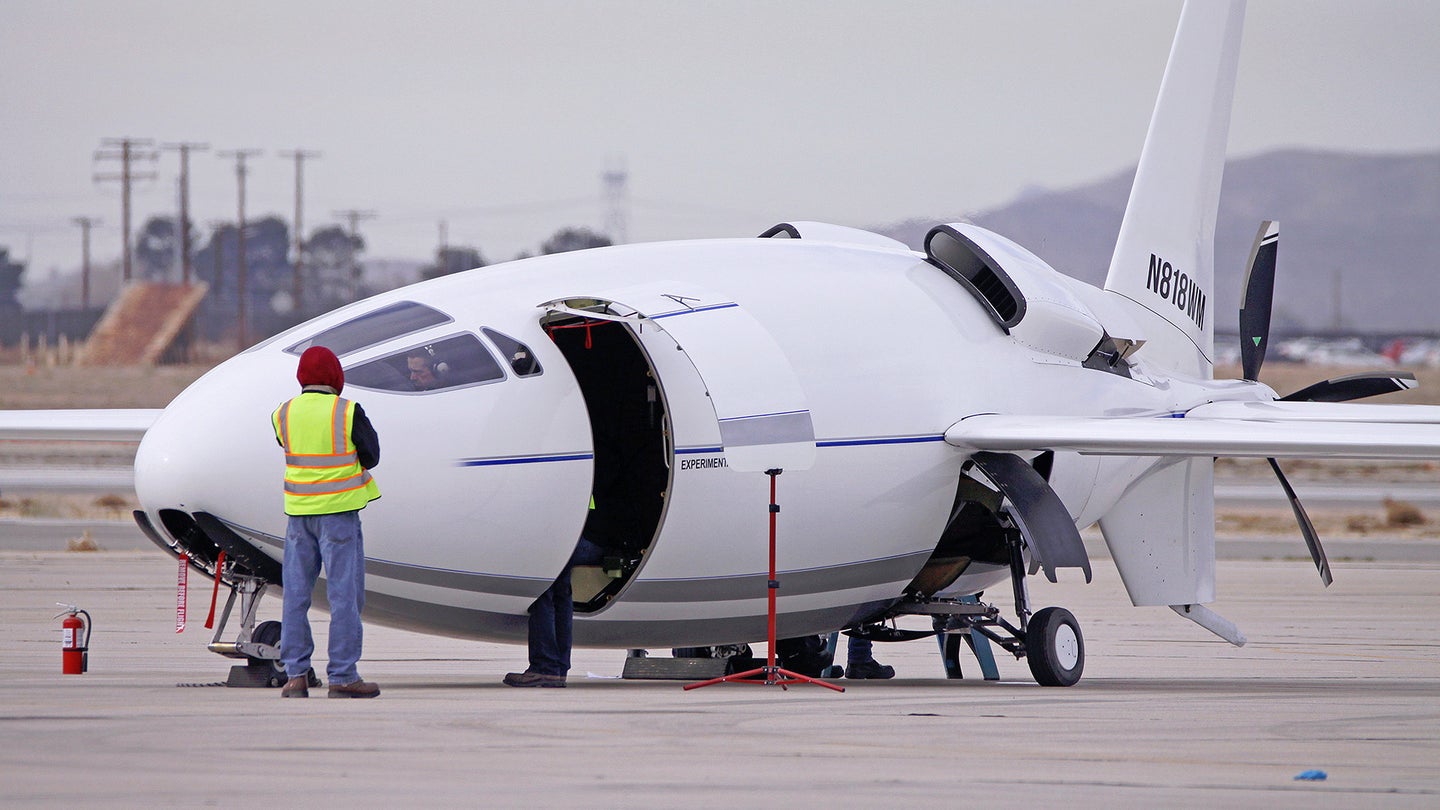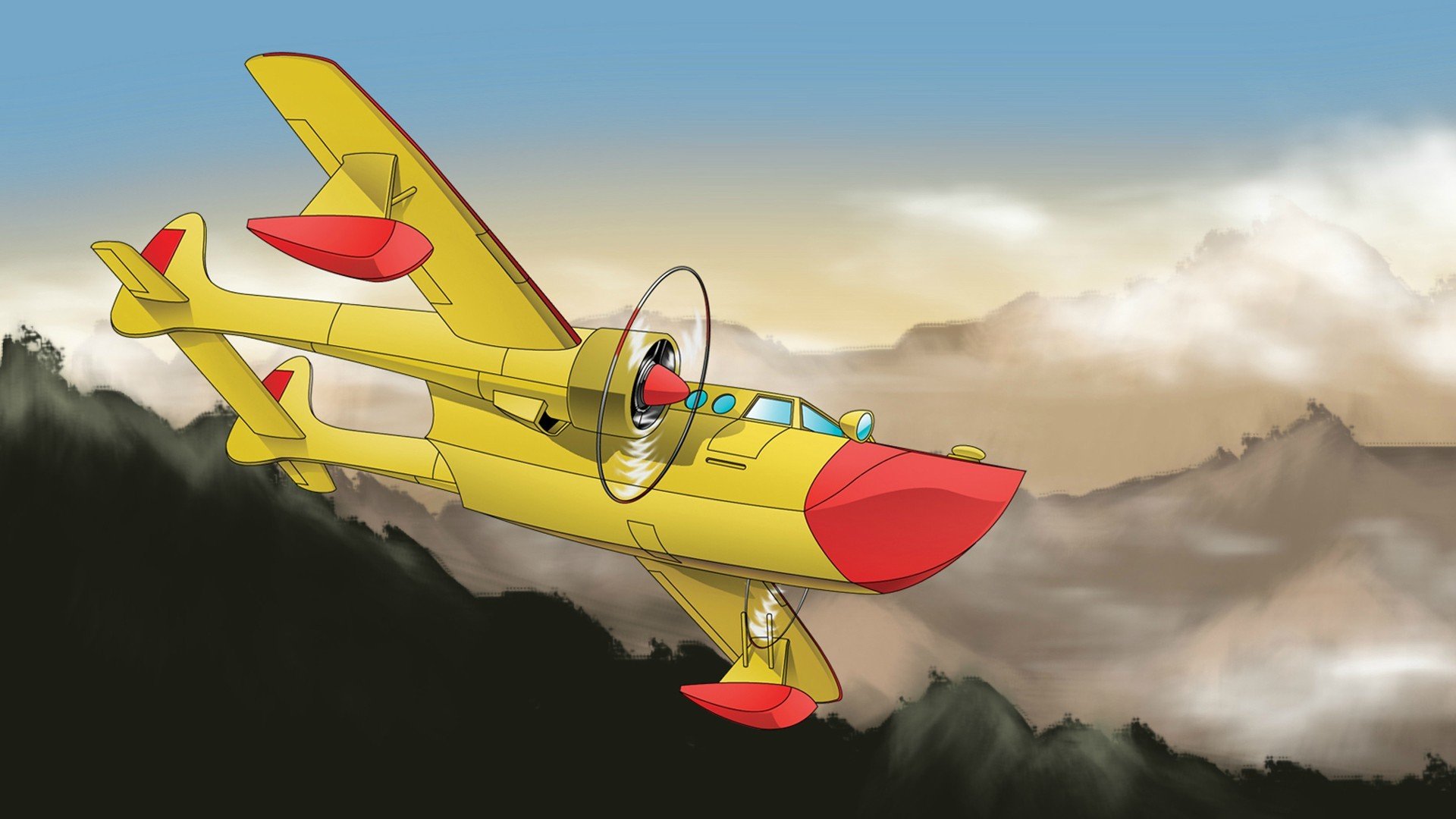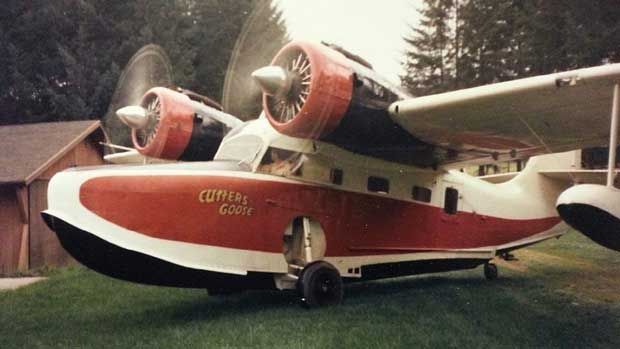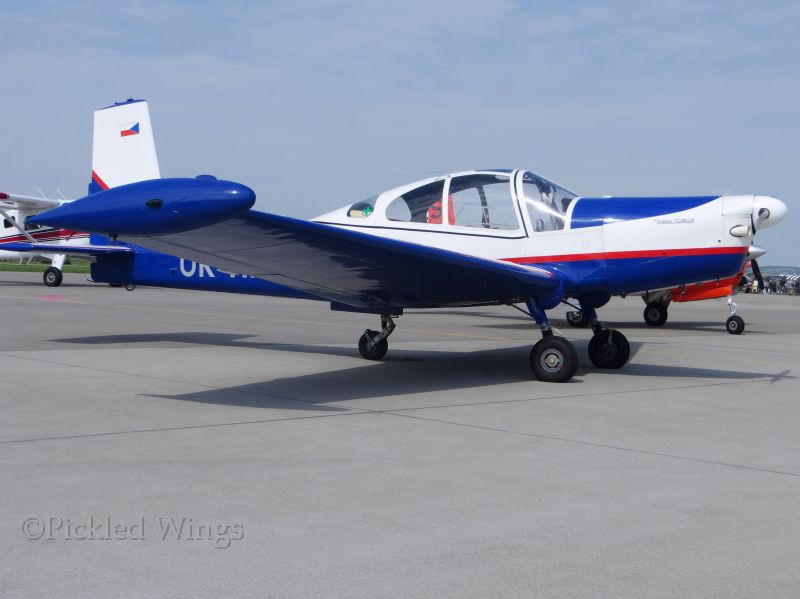
spenaroo
-
Posts
441 -
Joined
-
Last visited
-
Days Won
2
Content Type
Profiles
Forums
Gallery
Downloads
Blogs
Events
Store
Aircraft
Resources
Tutorials
Articles
Classifieds
Movies
Books
Community Map
Quizzes
Videos Directory
Posts posted by spenaroo
-
-
5 minutes ago, spacesailor said:
Mechanics ! .
Diagnosed a broken " valve spring " as " hole in the head " ..Nrma couldn't get a wheel off a " Commadore sedan ". Next doors Mazda had multiple flashing lights the didn't make sense on the ' obd2 unit ' so mechanic said , " it needs a new motor " .
Actually needed NEW BATTERY TERMINALS.
spacesailor
technicians....
the wheel one is pretty common.
plenty of people with special lug nuts - who have no idea why they give you a socket and don't leave it in the car
My Ducat runs a 55mm double hex head (12 point) rear wheel nut....
not the easiest socket to find, only 2 local shops have one. (I know to call ahead and ask before booking it in - made a puncture repair last year an issue till I figured out who were the Ducati specialists in the area) -
replacement instead of reconditioning has been the go to for years, we live in a disposable society
how many engine and transmission shops do you see now? its a lost art.
I know when I was working with Jet-Ski's there was only a handful of guys left that could bore a cylinder block.
and they weren't using new machines. only reason we were boring is new jugs weren't available
look at what the guys in the USA are doing with Holley carburetors,
bolt on fuel injection kits is now the go-to instead of a rebuild.
as for pricing,
that's where I used to earn my $$$ as a Parts Interpreter.
a good guy can cross reference and get alternatives "same, same but different"-
 2
2
-
 1
1
-
-
18 hours ago, Jabiru7252 said:
The question about getting parts like distributors, rotor buttons, ignition coils, spark plugs and leads etc. was raised. There was the mention by a club member that these parts may become hard to source as engines become more 'modern'. The very thing about Jabiru engines is their simplicity, when we start getting engines with electronic fuel injected whizz bang technology we start to lose the ability to service and repair. We have all seen it in the automotive industry, home appliance industry etc. God help us if AI ever becomes involved.
as technology changes so does the generation.
take a car to a normal mechanic and see if they can do points and carburetor tuning.
they are much more familiar with pugging a scan gauge into the OBD2 port and reading/clearing fault codes.
they find fuel injection far easier to work with and repair.
I think that aviation has stalled with technology for a long time, and is only now starting to have the generational shift.
and I think its simply down to my generation aren't going to accept points, carburetors and steam gauges.
And the guys who are buying the points and distributors probably aren't going to be continuously buying new aircraft.-
 2
2
-
-
38 minutes ago, facthunter said:
No one ever gets to where they can't be any better. Never stop learning. Nev
yeah, had an instructor sit me down a few flights ago, and really helped my mindset.
was stressed and making mistakes, which lead to more mistakes etc... trying to chase what was the standard in my head.
He reinforced that my own plan was to purely be a recreational once a month flyer....
so my focus should be on that, and as such they are looking for the safest choices,
don't focus on the mistakes, don't worry about trying to save things. if its not comfortable then breathe, reset and go again.
starting to feel tired and stressed - call it a day, there is no point in flying if I don't enjoy it.
And the instructor I was with yesterday reinforced that with a great pre-flight brief.
we are never in a rush in aviation - we do things quickly and efficiently, but never rushed-
 3
3
-
 1
1
-
-
got up in the air yesterday,
nice little birthday present to myself.weather was absolutely spectacular
hadn't flown in 6 months, or with this instructor. or the aircraft - normally fly its sister though so wasn't unfamiliarso did some upper air work and then back to the circuit for some touch and go's.
Instructor was pretty hands off, made a few corrections mostly just talking me through things id forgotten or was rusty on (radio calls).
and once we had done stall's basically said as I'm licensed - it was all my choices how to return and join the circuit etc..
still cant believe they trust me to fly an aircraft. (I haven't actually done any solo time since getting my RPC - the next endorsement is the achievement to fly for)
instructor reckoned I was doing well, have a good feeling of the aircraft. just need practice to help with the procedural and mindsets
-
 5
5
-
-
added stress, less finances, less free time.
I have stopped flying because A.) I cant afford it. B.) I feel too stressed with work/home life
I have a "training flight" booked for my birthday this month - it will just be to get up and fly around the coast with an instructor making sure I dont kill us both.
I know I'm not keeping up my skills.and wouldn't be safe flying solo at the moment. haven't been up in 6 months
-
 2
2
-
 1
1
-
-
sorry, but I still find the shoe such an ugly design
-
 1
1
-
-
yeah, but the pots make no sense to me.
used to keihn/mikuni with the needle and jet.
got a local mechanic whos willing to take the job, but is waiting on a new bead blaster.idea being that if we are going to do it - may as well clean it all up and make it nice
-
anyone want to rebuild my SU carbies?
-
the weight balance just looks like it shouldn't fly with those wings so far back.
always thought it was a cool plane, but little information on it.
same with Have Blue
built with leftover tooling from the C5, landing gear from an F5, engines from a T2 and fly by wire system from an F16
too bad both were lost in crashes

-
 1
1
-
-
this is the Yamaha product I mentioned earlier.
works very well, unlike the sprays - not cheap though
-
 2
2
-
-
Yamaha used to do a carby cleaning product that was the sh%T.
just fill an ice cream container and drop the carbies in overnight, loved by bike mechanics everywhere.these days we used ultrasonic cleaners:
https://www.ebay.com.au/itm/295183469452?chn=ps&_ul=AU&_trkparms=ispr%3D1&amdata=enc%3A1hVujQU3FQDy6fJ9MzxSIzg46&norover=1&mkevt=1&mkrid=705-139619-5960-0&mkcid=2&mkscid=101&itemid=295183469452&targetid=1598469861838&device=c&mktype=pla&googleloc=9070901&poi=&campaignid=19657035767&mkgroupid=143201283022&rlsatarget=aud-1175687084793:pla-1598469861838&abcId=9305369&merchantid=7364522&gclid=Cj0KCQjwvL-oBhCxARIsAHkOiu2kAeputT-OjtX-PVg7yFY88_2Z4xbdTeOC-QDxktyh-3KHqqd_3aYaAm4VEALw_wcB
might have to run it through a few times. especially if running mogas, it isn't what it used to be.we noticed the fuel doesnt go off so much as turn to jelly now.
-
 2
2
-
 1
1
-
-
38 minutes ago, onetrack said:
The shape looks a little too much like the Bugatti 100P aircraft that was an aeronautical flop, and which ended in tragedy for the bloke who built the replica.
lets get facts right here.
that was a mechanical failure. was an overly complex powertrain design.
that they knew was flawed, didn't trust - but test flew anyway.
the controls worked until it was below the stall speed, and the pilot didn't drop the nose“Clutch slippage occurred on the forward engine, causing a loss of power at a critical stage of the flight, making it impossible for the pilot to recover despite the best possible efforts he made.”
The fateful flight was filmed by a chase helicopter, adding to the trove of information available to investigators. The Bugatti 100P was powered by two engines connected to a pair of counter-rotating propellers at the nose of the aircraft. The power trains were complex, including drive shafts, gear boxes, and clutches for each engine and propeller, and the team had experimented with different designs. Both the NTSB and the team, dubbed Le Rêve Blue, conducted detailed and meticulous analysis of the data including control positions and instrument readings captured by video cameras in the cockpit.
Just after liftoff, Wilson raised the landing gear and the rpm surged on the engine powering the forward propeller. Investigators estimate that the airplane reached a maximum altitude of 80 to 100 feet. Based on cockpit video of the control inputs, the team believes Wilson was very much aware of the power loss, and the critically low airspeed and altitude. The team concluded, in the report written by van Dalen, that Wilson made a conscious decision to attempt to clear the airport fence despite rapidly decaying airspeed:
“We do not know for a fact why he made that decision, but the most likely explanation is as follows. Had he dropped the nose sufficiently to maintain airspeed above 70 (knots), his descent rate probably would have made it impossible for him to clear the fence. He would have been forced to belly land inside the fence, to cross uneven ground as he traversed the inside road, ploughed through the fence and then traversed the outside road. The uneven ground and the fence itself would have likely broken the fuselage and exposed him to the whirling drive shafts—a dreadful scenario that he referred to on several occasions. In short, it is likely that he consciously reduced airspeed below the stall limit because he judged it as the lesser of two evils. He must have decided that he might be able to belly land safely in the field beyond the fence.”
As airspeed decayed below stall speed, the airplane rolled “uncommanded,” first to the right and then left through inverted, the NTSB report states:
“As the airplane rolled through 90 (degrees) of left bank, the pilot placed both hands on the control stick and commanded a right roll with a positive pitch attitude. The airplane continued to roll left, the nose dropped, and a green field came into view out of the front of the windscreen.”
The wreckage came to rest inverted in a bean field less than 2,000 feet from the runway’s displaced threshold, about 1,000 feet from the nearest paved surface. A post-crash fire destroyed much of the aircraft, though data was recorded from all six cockpit cameras, with complete recordings from five of them.
It is not clear why Wilson did not add more power to the rear engine, which might have resulted in a positive rate of climb, but van Dalen noted that clutch slippage problems that the team had encountered during the development and test program might have undermined Wilson’s confidence that the power train, particularly the chain drive, would have held up under the increased load. It was also a decision made during just a few seconds that elapsed between liftoff and the crash.
“In case Scotty had decided to accept the risk of a chain drive failure and had applied full throttle on the rear engine, my performance estimation shows that a climb rate of 390 ft/min would have resulted,” van Dalen wrote.
source:
https://www.aopa.org/news-and-media/all-news/2017/november/30/power-loss-preceded-bugatti-crash
-
 1
1
-
 2
2
-
-
The Celera 500L is in testing
pretty close looking


-
 1
1
-
-
8 hours ago, Area-51 said:
If scuba divers pee in their wetsuits, then it must be ok to pee in a flight suit!! 🤷🏼♂️
I don't have a flight suit; somebody that does will have to take one for the team and report back with results.
oh you just reminded me of the Astronaut who got arrested,
after driving 14 hours in a nappy to confront her lovers new partner
-
of course the disney cartoon talespin may have had an impression on me.
its the earliest show I remember watching.can still remember the theme and baloo's voice clearly

-
-
not to mention the windscreen.
but I think they are the best looking planes. evoke a sense of class and adventure

-
I think its the streamlined look actually.
that era of aerodynamics being about it looking right, more so then tested and crafted in a wind tunnel
-
there is just something so majestical about seaplanes
-
ww2 was an immense time of development.
lets not forget that at the start it was common to have fixed gear fabric Bi-planes still in service.
and ended with alloy Jets.-
 2
2
-
 1
1
-
-
So what's this classified as?

-
 1
1
-
 1
1
-
-
The way I see it Skippydiesel.
You have an assumption that price is a large component of the deciding factor - I put more importance on convenience and least risk.
Matching specifications and parts, and finding cheaper alternatives for customers was what I did for a living the last decade.
And I was good enough to have been repeatedly head hunted.I don't shop for fuel on price, I value my time and energy as being more valuable then what I see as a $3 saving once a fortnight.
(5c a liter, on a 60L tank is only $3) I refuel when needed at the most convenient BP or United (personal preference, found shell gave running issues in some motorcycles). oh and for future reference only 91 and 95 has a fuel standard in Australia, 98 just has to meet 95 standards
I don't Disagree with your thoughts,
but I have different thoughts on the issuewhy do I stick to OEM parts on the Ducati and VW,
because its guaranteed and reliable - it fits, it works, it is correct. there is no questions, no delays
its peace of mind. more then willing to pay that bit extra to not think about it.
this is especially important to me with something like a timing belt that its tried and tested.this peace of mind is more importance to me then risking an aftermarket alternative.
I have seem too many special cases. I agree in the vast majority of times simply getting an equivalent of the same specification will work.
but I have personally seen enough of these outliers and the damage they caused over a decade of being a workshop parts person.
That I personally will not take the risk on a vehicle that I hold in high value. I would rather pay the premium to know its all just going to work.I've had too much pain with aftermarket manufacturers catalogue's being incorrect with fitments. inaccuracies in models and years, or just flat out wrong.
dealt with enough returns and delays.further to this I gave you the example of the oil and coolant where the specifications are not necessarily the whole story.
Ducati used certain materials in the heads of the 1198 motors, that reacted with existing coolant. they had AGIP make a coolant for them to combat this (after it was an issue - they were fitting replacement heads for a while - they originally used a shell coolant)now you can use a coolant that has the same rating - like the original shell product. but that doesn't guarantee it uses the same additives to achieve that rating.
very easy to go online and check the specification that coolant lists as meeting (now Ducati specify the lubricants by product not specification, so only the ones used in the factory are in the manuals - not a minimum spec). but that just shows the industry standards it meets for performance not representative of additive packages (here is that 98 Fuel example again - as long as it meets 95, you can add as much detergents as you like)same with the oil. I Highly recommend Motul to everyone, in my opinion it is the best motorcycle oil - just don't use it in a Ducati.
both it and the Recommended Shell advanced ultra meet the JASO MA2 specification and are 15W50.
but still every Ducati I saw that had main bearing issues used Motul, and never saw any of those issues from the bikes running Shell (yet I don't use any other shell product)
P.S. 2000's model Suzuki's would slip the clutch if fully synthetic oils were used - just another example of these idiosycracies
and then you have items like clutch discs, brake pads, brake discs, seals - for which there is no industry specification.
some of these are better then OEM, some much worse. sticking to OEM is the safest bet.
The Vstrom, despite it being a newer bike. like you I prefer the cheaper alternatives because I just don't care as much. if it has an issue its of lower personal value (Ducati has sentimental attachment).
I can afford to write it off as a worst case. Its far easier for me to walk into my local shop and get a K&N then to drive to a Suzuki Dealer. Happy to experiment with performance of parts on it too.
same with the Midget, I can afford for it to be off the road, The Amorok I can't its my daily drive.
I feel like an airplane engine is the last place I would try to save a buck. I'm not confident enough that if it goes Bang I wont get injured
it doesn't align with my personal risk assessment. but obviously yours is different-
 1
1
-
 2
2
-
-
15 hours ago, skippydiesel said:
What I'm trying to do here is show you that marketing/sales is as much about phycology as delivering a quality product.
It's a fact that much of what goes into a Rotax, is derived from the automotive world (scale of production keeping the price down) BUT because its an aircraft engine and a premium price can be asked (& received).
This would be fair enough, if the part is really a low volume item of unique specification to Rotax BUt all too often this has been shown not to be the case.
I would think it highly likely that Spaneroo is demonstrating how the psychology works (no offence intended)
I think we have very different mentalities when it comes to servicing.
I treat different vehicles differently. believe it or not more expensive and higher performance usually means more care is needed with different tolerances.
My Amarok for example gets a high quality oil - as it has to be a specific oil grade to work properly in the VW engine.
properly expensive stuff but I haven't had any issues.
My Ducati gets only genuine parts used and shell oil. it is sensitive to oil in the main bearings and the belts will grenade the engine if they go wrong.
I know from my time in the dealership that if a certain popular brand of oil - even with the same viscosity is used then it cause the bearing to skid instead of roll.(another fun Ducati fact, wrong coolant will corrode the heads)
My Vstrom gets aftermarket K&N filters (nut on the end easy to remove) and quality aftermarket oil (funnily enough the same brand the Ducati doesn't like, is loved by the Jap bikes).
the Midget gets a reputable brand filter and basic mineral based oil - not used enough to hit a service interval. but still changed every 12 months-
 1
1
-







Mid-air collision over Port Phillip Bay 19/11/2023
in Aircraft Incidents and Accidents
Posted
Always liked the fact that thunderbirds 4 tail was painted black when they flew F4's
as it would get covered in soot when slotted behind the lead